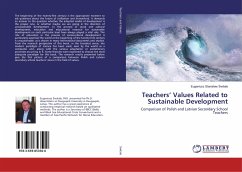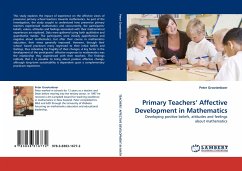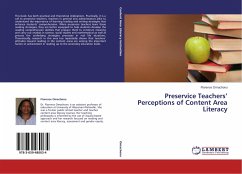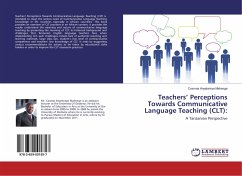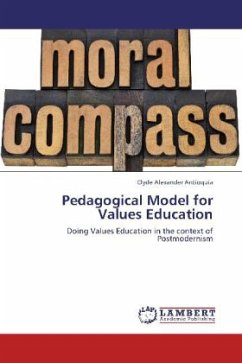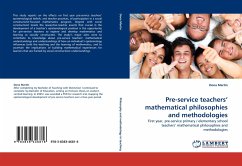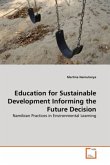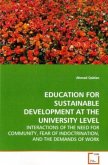The beginning of the twenty-first century is the appropriate moment to ask questions about the future of civilisation and humankind. It demands an answer to the question whether the adopted model of development is the proper one, or whether maybe we are going in the direction of unsustainable development. In the process of social and cultural development, education and educational research for sustainable development on each particular level have always played a vital role. The role of education in the process of social-cultural development is particularly essential.The world at the beginning of the twenty-first century is unsustainable, as is shown in many international documents and studies. From the research perspective of this book, in the broadest sense, the modern paradigm of science has been used, seen by the world as a composite unit, along with the various adaptation or evolutionary processes occurring in it. Some theories were examined to choose the most adequate paradigm for this book. The research results presented below give the first picture of a comparison between Polish and Latvian secondary school teachers' views in the field of values.
Bitte wählen Sie Ihr Anliegen aus.
Rechnungen
Retourenschein anfordern
Bestellstatus
Storno

